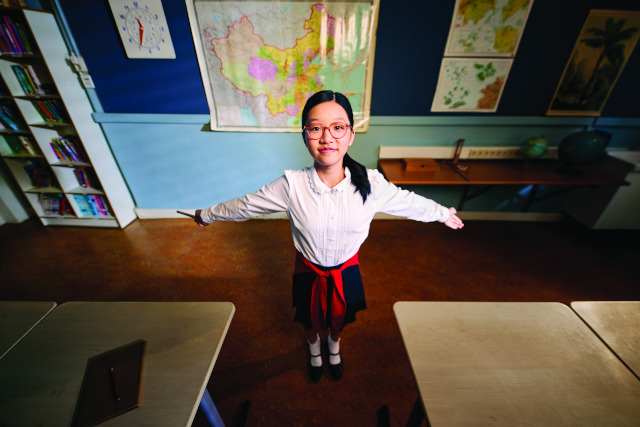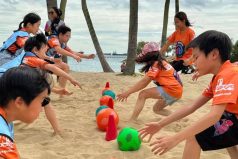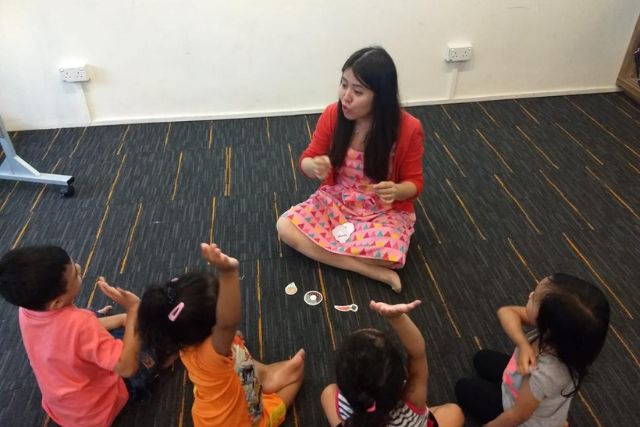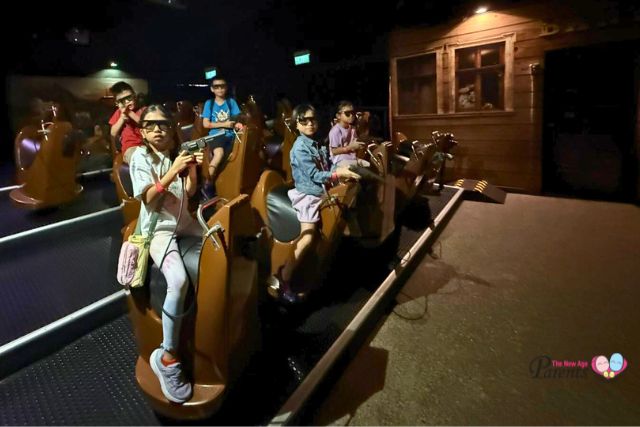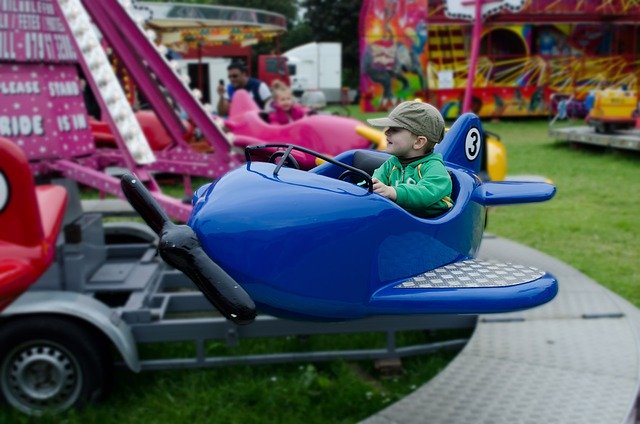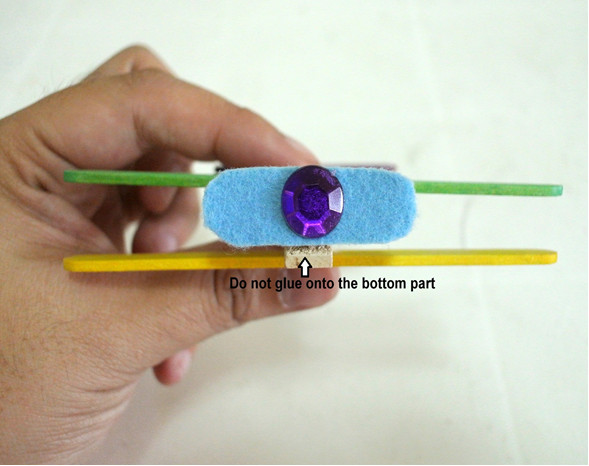New country, new culture, new rules, new people.
Relocation is not easy for adults but it can be made otherwise when you plan well. Though it is always simpler to move a young family (or family without children), relocation still requires a lot of undertaking. From taking care of accommodation, school, utilities down to getting rid of the car, moving in any fashion is a very tiring process.
Moving to another country is more complicated as the process is not straight forward like going to the next block (of the same country). Such a move requires greater coordination including having a knowledge of how things work in the other country. Caroline Yeung shares with us about her experience of moving to the States 17 years ago. Continued from Helping Your Child Adjust To A New Culture Part 1
Continued from Helping Your Child Adjust To A New Culture Part 1
Upon Arrival
New social network: Having a new set of friends is important for children especially when they leave behind a large group of friends. Parents should realize this importance, and help their children start building a new network as soon as they can. Over here, most parents drop off their children at schools while others arrive using school buses in the morning. For those parents who do not mind the drop-off routine, there exists an opportunity for them to meet other parents who may have children in the same classes – such meetings create chances to arrange play time or other activities. Establishing such connections can help children find assurance in their social life. Other than that, children will also start to establish other friendships when they go to their music, swimming, taekwondo and other activities.
Language: Most American children learn to handle their native language since young through preschools and elementary schools. These children do not show any hesitation using the language that they have spoken at home, and in schools on an everyday basis. Undeniably, children who have not been in the US since young will find communication tough to handle. Incoming students may experience difficulties expressing themselves, and understanding their peers.
Students are also expected to speak publicly or make presentations at middle schools (from age 11 onwards), and this might become a new challenge for them. These obstacles may affect the children’s self-esteem, and subsequently affect learning if they are not dealt with. Hence, parents must find suitable solutions or opportunities to ensure that their children practice, and speak efficiently – I believe this concern would be a priority for these incoming families.
New interests: Parents should also help their children identify new interests, and hobbies. In Northern California, Tahoe is the place for those who want to venture into winter activities such as skating, skiing, and snowboarding. These winter activities are also available in Colorado, Connecticut, Maine, Massachusetts, New Hampshire, Rhode Island, Vermont, and Yosemite during the winter months. Trying new things will enable children to broaden their perspectives.
Travelling: To explore the new environment, travelling may be the next thing to do. Children need time to get used to the physical environment. As such, start by going to places of interests as this may be a good way to learn new things. In California, parents can consider bringing their children to different adventure parks (including Disneyland, Legoland and Seaworld), aquariums, beaches, museums, parks, wineries, and zoos. Such activities help children to understand more about the local culture. Beyond this, there is always the chance to travel to other states during the year.
Holidays: There is a need to help children adjust to having a different set of holidays (like Columbus Day, Martin Luther King Day, Memorial Day, Independence Day, Presidents Day, Veterans Day, Thanksgiving, and Christmas). Prior to these holidays, teachers at preschools, and elementary schools generally create activities or curriculum to help students understand the origin, and significance of such observance or celebration. Most of these holidays are one-day except for Thanksgiving and Christmas holidays – these are deemed as the important holidays. Whenever possible, I would suggest parents plan related activities to help their children find their connection to these holidays.
What’s Next?
There are several steps to undertake when a family has to relocate. Aside from having to deal with the moving content, parents should also be concerned about helping their children to get ready for the move. As such, before leaving, parents should involve their children in the moving processes as this will help them to cope with reality.
Life can get very busy upon arrival, and parents may also find themselves swamped with different things to do. In the midst of settling down, they must learn to help their children organize and manage themselves. Whenever possible, parents must find time to assess how their children are getting on or if they are having any adjustment problems. To ensure a smooth transition, such conversations should be scheduled at periodic intervals. In the long run, such evaluations may be able to help the parents determine if their move would be a long-term stay.
Helping Your Child Adjust To A New Culture Part 1
By Caroline Yeung
Caroline has over 18 years of communication experience and she has worked with technology and consumer companies. Her recent interest in Early Childhood Education has led her to work towards a certificate from The UCLA Extension in California. Caroline’s previous teaching experience also came from working with junior college and polytechnic students in Singapore.
Have a story to share? Do email us at mailbox@thenewageparents.com, thank you.
If you find this article useful, do click Like and Share at the bottom of the post, thank you.
Want more comprehensive info? Check out our e-guides here.










